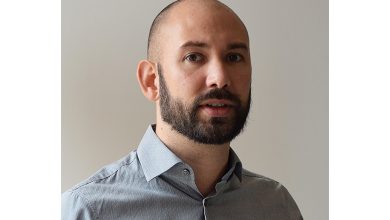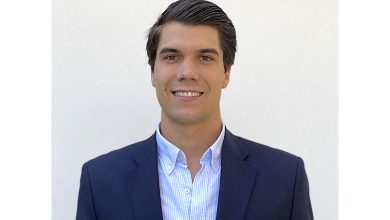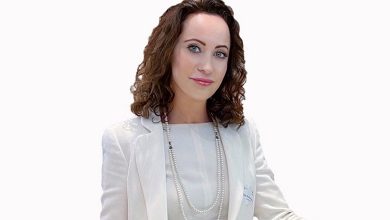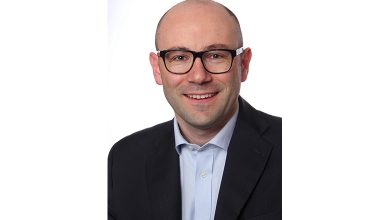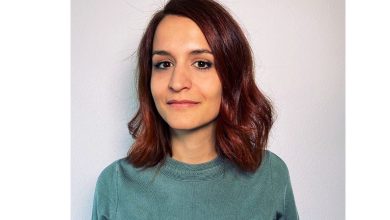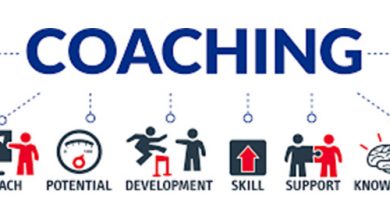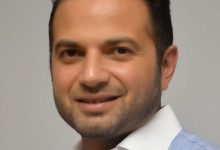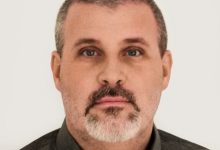
This professional wealth inequality is unfairly normalised and accepted as part of the medical creed.
All practicing physicians keep trying year on year to slowly work extra hours, work extra shifts and maybe take even more roles to atleast earn that extra dollar. The physician profession is a strange outlier in that it takes so many years before the right societal value is given to the coveted consultant.
In Bangladesh there is a horrifying deficiency of adequately skilled specialists in the public and private sector. With a WHO white paper research highlighting a ratio of at least 1 Doctors to 1650 Patients (1:1650) in the urban setting atleast, it is no wonder that the vast majority of people who can afford international medical tourism can avail such specialised healthcare services abroad, but at great personal cost due to the high out-of-pocket healthcare financing that is prevalent in the region. From this statistic, one would assume that specialists and consultants have an inherent economic advantage – with such high patient population demand and limited supply of specialists, surely private practitioners can charge a modest consultation fee and be on the path financial stability and wealth creation?
Unfortunately no.
The Medical career is truly a noble journey.
We strive to heal the sick of all ages and walks
of life.The Doctor wishes to be the guiding
example to a better wellbeing. Except our own.
From medical school to medical training, we are taught the minute intricacies of the human body. The complex metabolic and biochemical dynamics of pharmaceuticals. The brutal but necessary surgical interventions to ease the suffering or cure the illness. But what of having enough savings to buy a house? How can we apply for tax breaks? What kind of investment or retirement scheme could help us ease into future transitions of our aging lives? When will you afford to take a holiday without the corporate sponsorship of Big Pharma?
As a profession, Doctors are financially illiterate.
It is not that the mind that is molded by medicine is not capable of calculating economics, in fact this deficiency of the basic fundamentals of managing ones own accounts (book-keeping) and risk calculating ones available resources for future investments, simply is far too mundane. In certain social settings, it may even be considered taboo and uncouth that a medical professional would even bring out the topic of money. It is quite alright for lawyers, engineers, stockbrokers and the like to openly talk about their wealth creation strategies. But not Doctors. The medical profession is far too noble to discuss such shallow desires. But ironically everyone assumes that the Doctor will pick up the cheque out of the kindness of their hearts and empty wallets.
Perhaps this self-censorship and self-ignorance is the reason why the heaviest burden of debt is carried after medical graduation, postgraduation, residency placement, licensing practices and the other chains of obstacle. Perhaps placed by non-medical bureaucrats and tenured senior physicians, to enforce the gross supply-demand imbalance in their favor.
I can personally attest to atleast 8 ways to go broke as a Doctor. As mentioned, I too have accumulated a vast number of expensive degrees and debt as well. I too have invested heavily in private medical education, postgraduate medical degrees, postgraduate training courses and let us not forget the true sin of financial illiteracy – mass consumerism driven out of frustration and societal expectations.
Everyone assumes and expects that a Doctor
would have a nice car, nice clothes, nice
spouse and nice trips abroad. But on the other
hand, what kind of doctor would not earn
enough to lead a lavish life and not charge any
money at all?
The Burning Questions of Business
Not all physicians are ready to accept this status quo. In fact I personally know of many who had left medicine within days of graduating, perhaps you do too. Many recent medical graduates have the luxury of a family-owned business which they can simply take over, some may even have married up and taken on household duties instead and a brave few gathered some funds after a few years afterwards to start or invest in some kind of venture. Every night after that decision had been made, I am certain that these questions had come up in their minds:
- So what options are available for medical professionals to earn a little bit more?
- What kind of business can one get into that has the least financial risk?
- How far can I go in business when all I have is an MBBS medical degree?
Not to criticise the decisions to start a business venture or simple invest as a shareholder in an establishment. But in reality it really is not that simple to completely leave medicine. In any form, whether it be become a lecturer, examiner, medical scholar, medical newscaster or anything remotely connected to the health sector. After all that hard, even if you do make some decent money, somehow or the other you may face a deep yearning for making a meaningful impact as per your medical knowledge. Call it an association with the familiarity of your past life experience or some kind of professional Stolkholm syndrome, once a doctor always a doctor, even if you had just opened a restaurant or a boutique.
Once a Doctor, always a Doctor….even in Business
After all that hard work to complete your medical degree and qualifications, after that tough conversation with your family, friends and peers to quit medicine to a start a passion project, fail at it and then become a second wheel to joint venture with someone who is ofcourse more financially literate than you, how can you leverage your passion for impactful healthcare, maybe some innovation as well, into something that you can atleast tell yourself in the mirror…
‘Maybe I am no longer practicing medicine, I
am still a doctor but also something more’
Physician Entrepreneurship 101
My personal journey into entrepreneurship was anything but planned. It was indeed all chaos, I had paid the price of being a novice entrepreneur (or wantepreneur) in money, time and reputation. But this is a price that all amateurs must pay, whether in business or in medicine. You cannot master the intubation, cannulation, neonatal resuscitation, kasai procedure and the other assorted high value skills, without botched attempts in the first few patients that you would be tasked with taking care of. Such is life where we must take painful and humiliating risks, in order to master an art.
Business is a science of trade, but entrepreneurship is an artform with money
Business and entrepreneurship are related but different in key themes. Classical business caters to an established need in a marketplace, with defined pricing and customers, and with historically pre existing (often crowded) sellers. To be an entrepreneur means to create a demand for an innovation (product, process, pricing, purpose), orientate the marketplace, calibrate the price points and actually survive long enough to make some returns on investments (ROI). The digital ecosystem has provided a unique opportunity to create digital innovations which can be rapidly designed, iterated, tested, sold and resold at the click of a button.
The 21st century is indeed the era that belongs
to the Digital Entrepreneur.
Physician entrepreneurship, or healthcare entrepreneurship, is an enterprise business just like any other fancy startup. There is a defined problem in a set market, with customers with high probability of being attracted to a solution with the right value proposition, a scalable distribution channel and business model that guarantees flawless revenue streams. And money in the bank of course.
The sole difference being that a medical professional is at the cornerstone of every decision making process. The Doctor has correctly identified a defined healthcare/healthsector problem, there is a medical solution that can be replicated, quality and safety maintained, easily sourced and produced on a mass scale, and the most crucial aspect is that this Doctor is the ambassador to its innovation.



